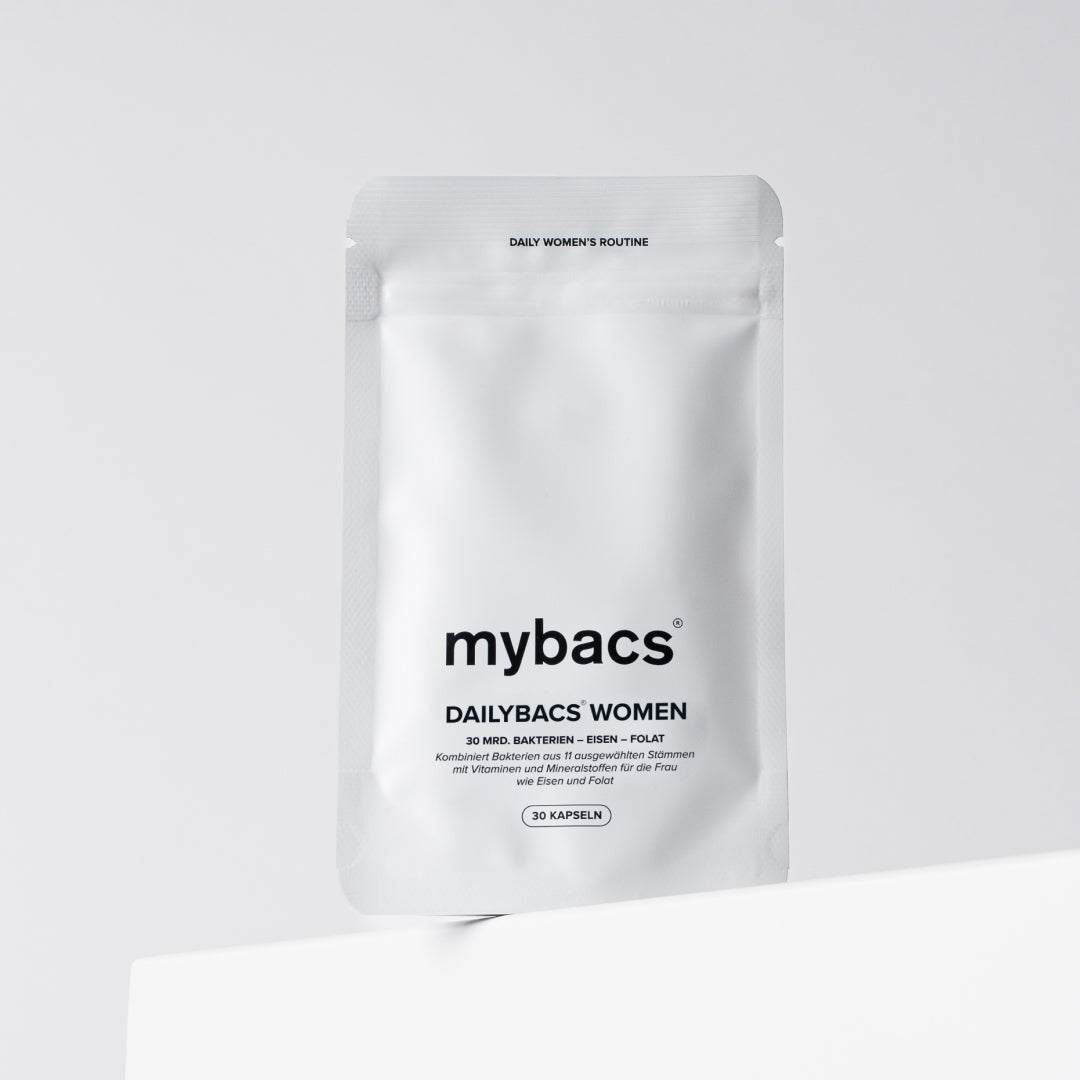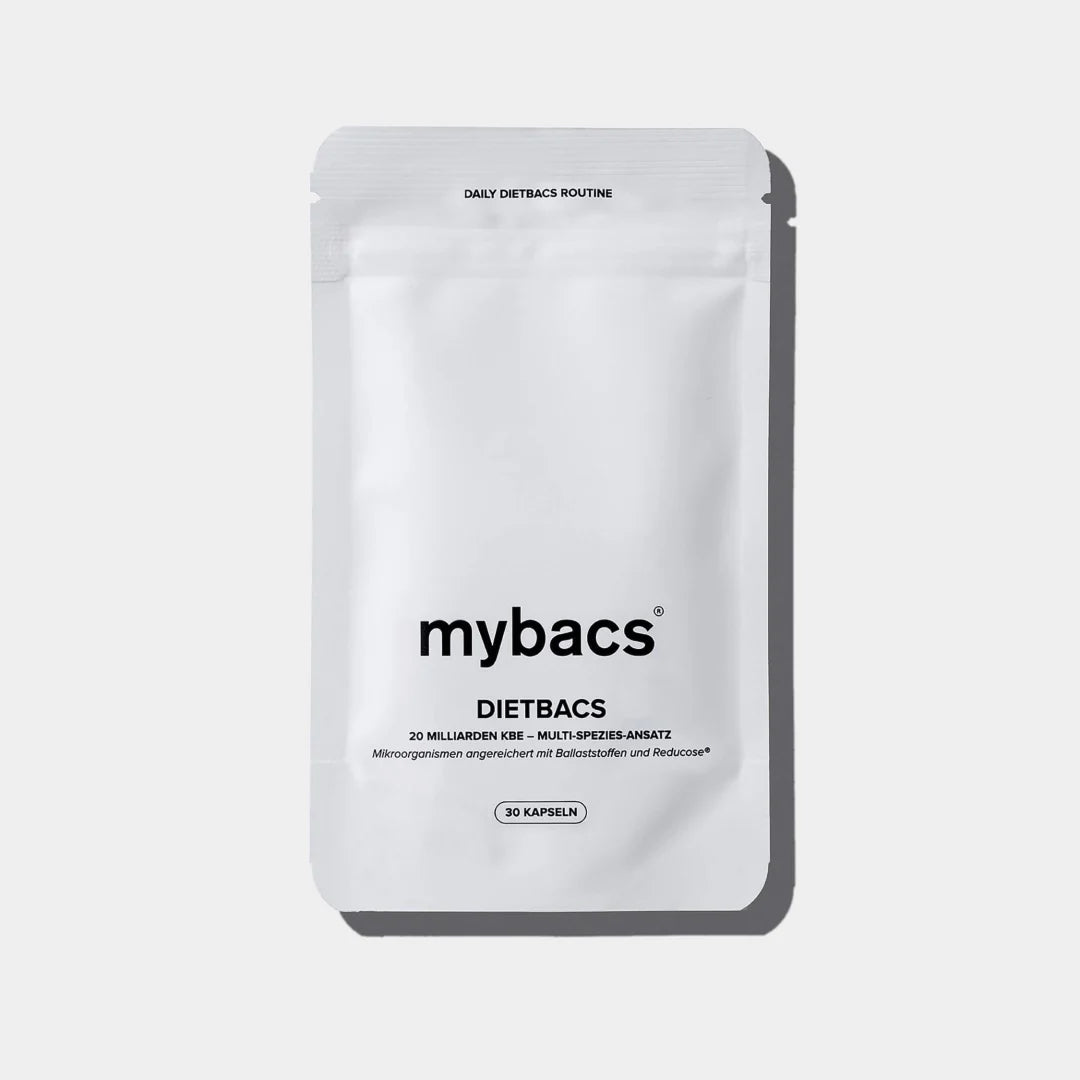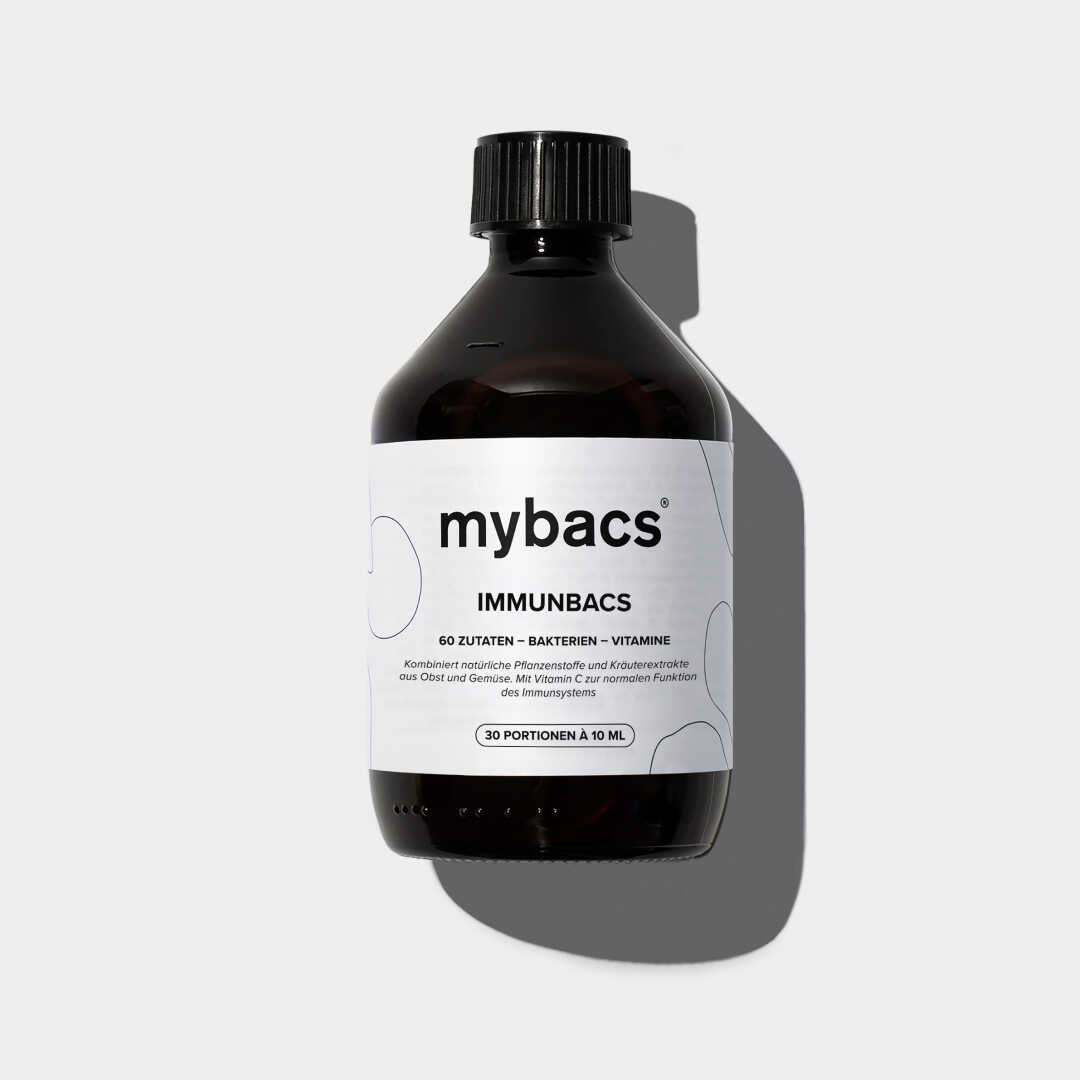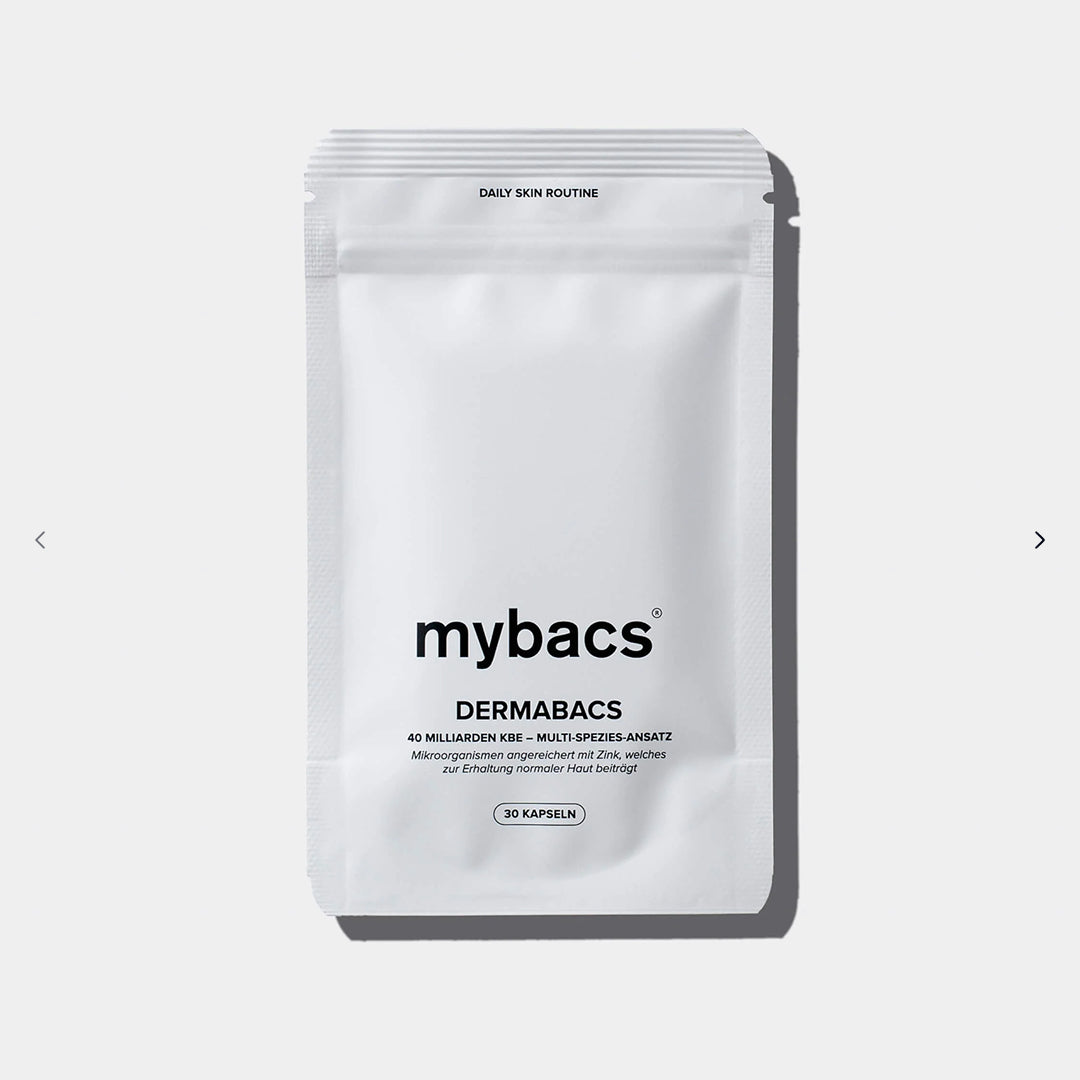According to the National Oceanic and Atmospheric Administration (NOAA), up to 80% of the world's oceans are unmapped, unobserved, and unexplored. Oceanographers like to put it this way: We know more about the surface of the moon than about the seabed (1). Thanks to new tools and technologies that make it easier to explore hard-to-reach places like the Mariana Trench, this is finally beginning to change.
In recent decades, we've learned that our oceans play a much larger and more complex role in the health of our planet than previously thought. For example, we now know that 50–80% of the world's oxygen is produced by microscopic algae called phytoplankton, which drift through the open ocean in unfathomable numbers. We also know that these phytoplankton form the basis of the entire oceanic food web. This means that every marine species on Earth depends on them in some way, from the smallest zooplankton to the largest blue whales (2).
These kinds of connections are invaluable for us in restoring balance to the global ecosystem. The same could be true for the body's microbiomes, which we haven't yet studied in depth. While we may not find a microbe as universally important as phytoplankton in our ear microbiome or our lung microbiome, we will most likely discover that these diverse ecosystems play a crucial role in our health.
And just as with the exploration of the oceans, we now have the technology to study and characterize increasing numbers of the body's microbiomes with unprecedented accuracy and detail. This means we can go beyond simply identifying the unique microbes that call these places home and begin to unravel the mechanisms they use to interact with our human halves. After all, it's the functions microbes perform in the body that matter, not their classification or taxonomy. Like our exploration of our planet's understudied ecosystems, our research into the lesser-known microbiomes of the human body may very well lead to new insights and interventions that improve (or even save) the lives of millions of people.
CleanHub
All mybacs products are linked to our partner CleanHub. More than 11 million tons of plastic waste enter our oceans every year (equivalent to a truckload every minute). Mismanaged plastic waste on this scale has massive impacts on our climate and our health:
- Open burning of waste has significant impacts on the climate, equivalent to 2-10% of global CO2 emissions.
- Storing waste in landfills releases methane, a greenhouse gas that is 28 times more potent than carbon dioxide.
- Microplastics in the ocean hinder the ocean's natural ability to remove carbon from the atmosphere.
- Plastic kills millions of animals every year. Nearly 700 species are directly affected by plastics.
- Tiny plastic particles enter the ocean food chain because marine creatures mistake these fragments for food - and soon end up on our plates.
To prevent further damage, we must ensure that the best methods for combating plastic pollution are implemented in the regions that suffer most. That's why our new Eco Jar is made from the innovative material Sulapac, making it 100% biodegradable, and at the same time supports a very targeted CleanHub project in a country where plastic pollution is among the worst. The growing population, rapid urbanization, changing consumer behavior, and changing lifestyles have led to the mismanagement of plastic waste and thus to an accumulation of household solid waste in India. (4)
Eco Warrior + Eco Jar = Ocean Care
Mr. Ravi is a fisherman working with collection partner Recity in Pondicherry, India. He began his journey as an eco-warrior when he realized he was collecting more plastic than fish in his fishing nets. Concerned not only about his own livelihood but also about marine life in a plastic-rich ocean, Mr. Ravi took matters into his own hands and began collecting plastic from the ocean using his specialized boat. Mr. Ravi now has a team of five fishermen with a specialized fleet of boats collecting plastic from the seabed and riverbeds in Pondicherry, South East India.
Ocean Ecosystem Facts
- Our ocean covers 70% of the planet and supports life as we know it
- Every second breath we take comes from the sea
- Our ocean feeds billions of people
- Our ocean is home to 80% of the world's biodiversity.
Each of us is a living, breathing ecosystem, not unlike the planet we call home. With mybacs products, you support not only your own ecosystem every day, but also an ecosystem on our planet.





